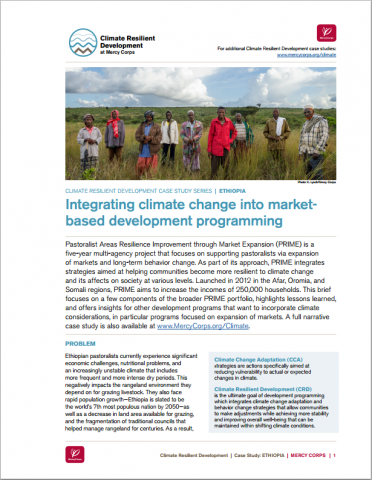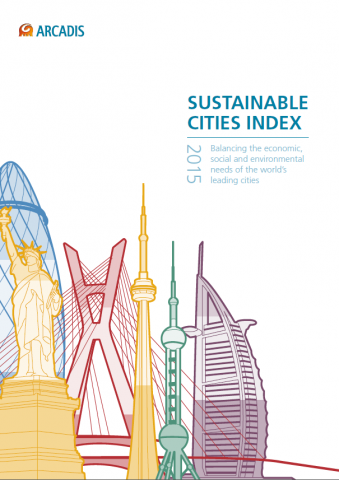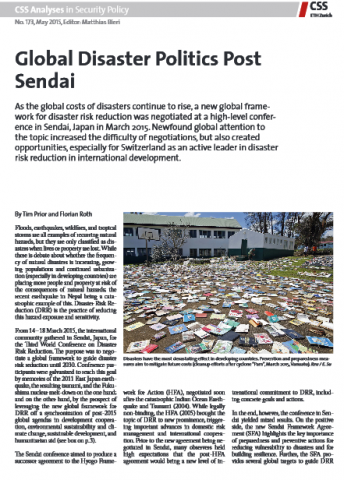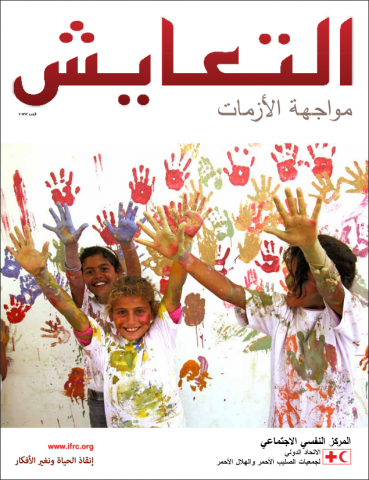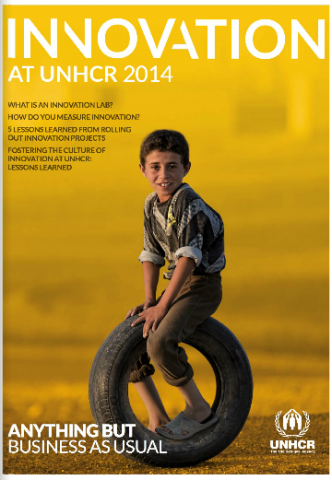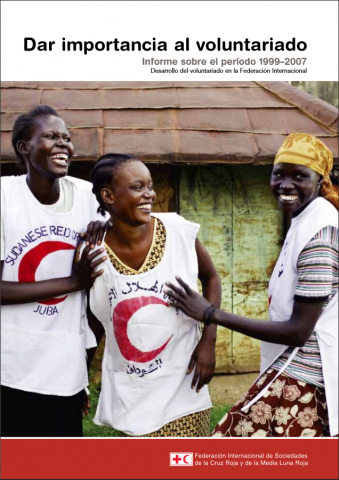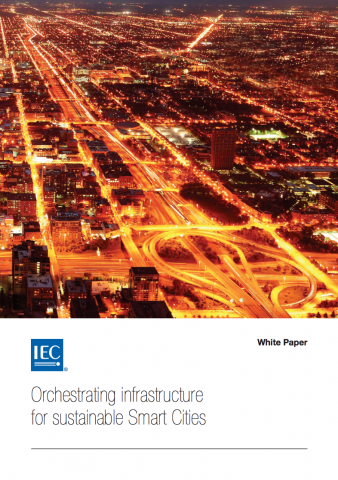UNHCR Mid Year Trends 2014
This report is the second of its kind, analyzing displacement trends within the first half of 2014. The figures in this report were collected from governments and UNHCR offices around the world. UNHCR introduced a new online data collection tool to enhance the organization’s capacity to collect and analyse mid-year statistical data. In addition to […]
UNHCR Mid Year Trends 2014 Read More »

